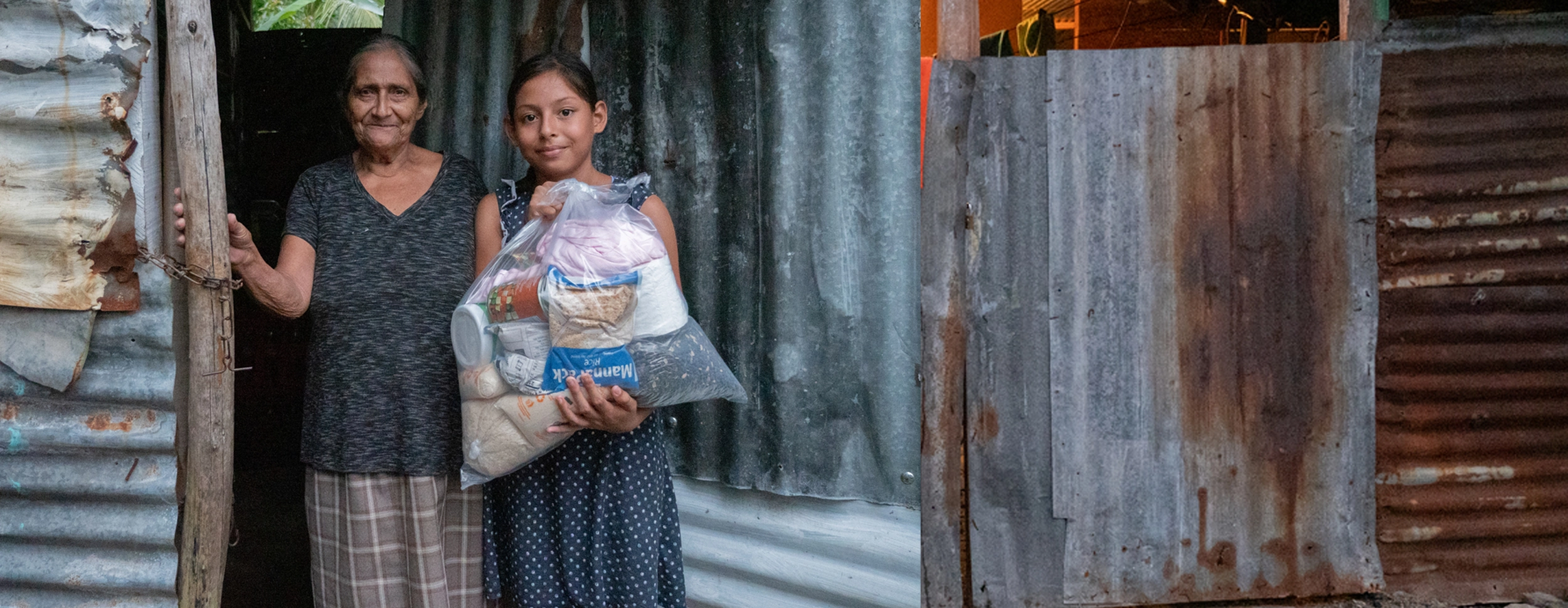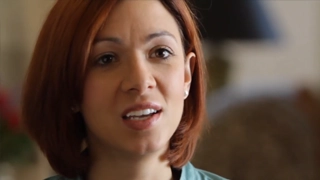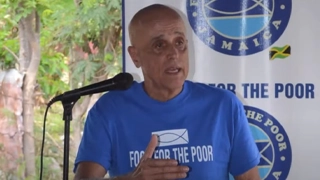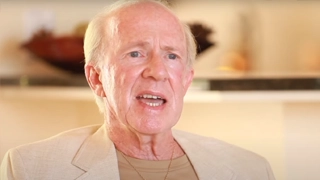The preservation of human dignity and the care of those in need
Ferdinand Mahfood founded Food For The Poor in 1982. FFTP launched its first Micro-enterprise program in 1984, but it's not until 1988 that its hunger and poverty relief operations really reached a more mature stage. While FFTP was founded on the religious principle that it is our moral duty to clothe and feed the poor (Mathew:25), Food For The Poor is neutral, impartial, apolitical, and encompassing of all religions and beliefs. FFTP holds the preservation of human dignity and the care of those in need as a core principle. Our assistance programs are based on a sustainable and holistic approach to proverty alleviation. It is our goal to demonstrate that poverty is not inevitable.
Hunger Relief
Our food distribution programs provide food to those who cannot afford it or lack access to nutritious meals regardless of their religion or background. Our hunger relief efforts require the implementation of complex food distribution logistics that involve warehousing, transportation to remote areas, establishing distribution centers, community gardens, and agricultural development projects aimed at increasing local food production.
Our program includes the following solutions:
- Distribution of MannaPacks: MannaPacks contain a blend of rice, soy protein, dehydrated vegetables, and a mixture of essential vitamins and minerals, such as vitamin A, vitamin C, iron, and zinc. These ingredients are carefully selected to provide a balanced and nutritious meal that can help combat malnutrition and promote overall health.
- Family & Community Gardens: Food produced from individual gardens encourages healthy eating and provides vital nutrients.
- Community Markets: They Provide residents with food, supplies, and services and help support the economy of the community.
Poverty Relief
We expanded our hunger relief programs to include poverty interventions to have a lasting impact on the families we help. These programs aim to address the root causes of poverty and improve the overall well-being of impoverished individuals and communities. The initiatives include job training programs, microfinance initiatives, access to education and healthcare, and infrastructure development.
Our program includes the following types of solutions:
- Housing: A home helps people establish strong social, economic, and cultural ties in their community and enables them to live and raise families in a safe, supportive environment.
- Community Health Centers:: Residents have access to services supporting health and wellness.
- Clean Water: Access to clean water helps promote good health and hygiene, lowers the risk of death, and halts the spread of disease.
- Micro-enterprise: Microenterprise development contributes to poverty alleviation by creating sustainable pathways out of poverty for individuals and families. By generating income, building assets, and creating employment opportunities, microenterprises help lift people out of poverty and improve overall economic well-being in communities.
















